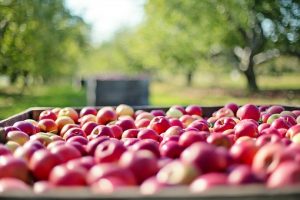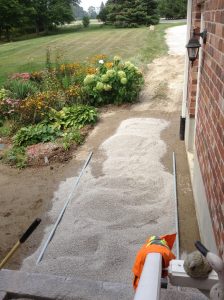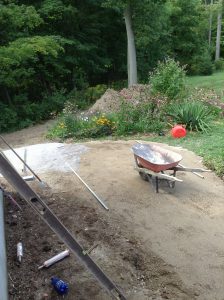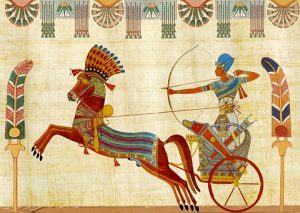
When I was a child, one of my favourite autumn activities involved selecting a juicy red Mackintosh apple and an enticing book, then finding a spot where I could tuck myself away to enjoy them without fear of interruption. I thought fall the most beautiful season of the year then, and still do today.
In our early teens, my sister and I got up before the break of dawn on Saturdays to work for a neighbour who sold his produce at the Kitchener market. Later I sold apples at the Burlington Mall market with another farmer. Markets, with their overflowing abundance, are such a feast for the senses. There’s the bright colours of flowers and vegetables and fruits, the lively bustle of people everywhere, the spar of wits in give and take bargaining.
There was also the September happiness of picking apples in an sun-drenched orchard under clear bright blue skies. That job supplied my first real income after being home with small children for a number of years. We strapped on special apple-picking buckets that had canvas on the bottom. When the apple bucket had been filled, you would waddle down the orchard lanes, unwind the cords wrapped around little hooks, and gently lower the apples into the bins.
The farm was kilometres away from the lake, but we could hear the boom of the foghorn on misty mornings. Days would begin crisply cool, but as it warmed you would see various articles of worker’s clothing draped over the branches. Hawks soared overhead in search of unwary little creatures. Once we saw a little unblinking owl perched deep inside the tree’s shelter.
With the nights turning chilly, it’s time to get back to baking, to savour cinnamon-infused apple crisps and pies. It’s a joy that includes wonderful memories of days spent outside, of the gratitude and urgency of harvest, of knowing God’s blessing of provision for another year.




 I am grateful for the book learning I’ve received, mostly because I found to my great relief that the existential questions I struggled to solve had already been grappled with for centuries, that I was not alone. Professors challenged us to temporarily suspend our beliefs so that we could appreciate new perspectives. This flexibility gave us freedom to explore, and opened a door to lifelong learning.
I am grateful for the book learning I’ve received, mostly because I found to my great relief that the existential questions I struggled to solve had already been grappled with for centuries, that I was not alone. Professors challenged us to temporarily suspend our beliefs so that we could appreciate new perspectives. This flexibility gave us freedom to explore, and opened a door to lifelong learning.